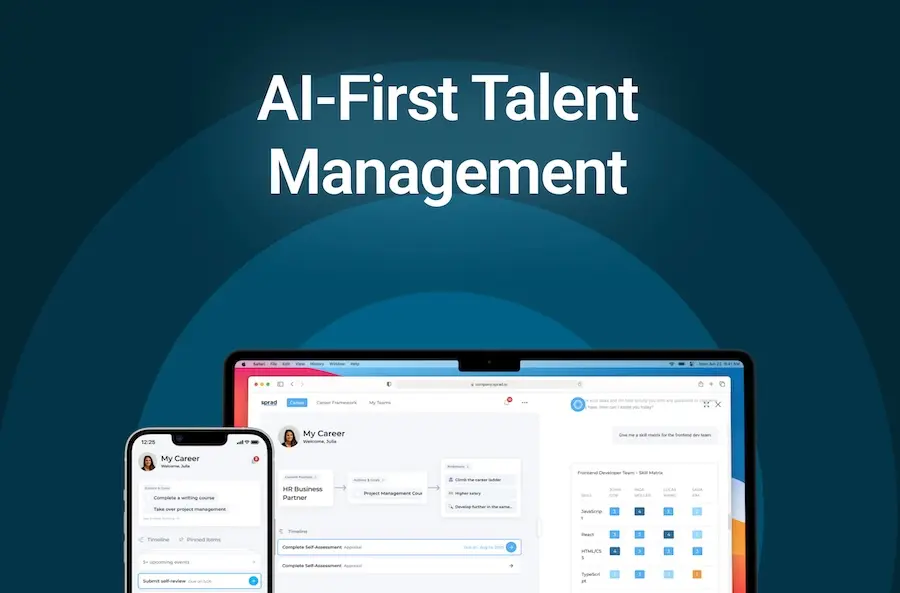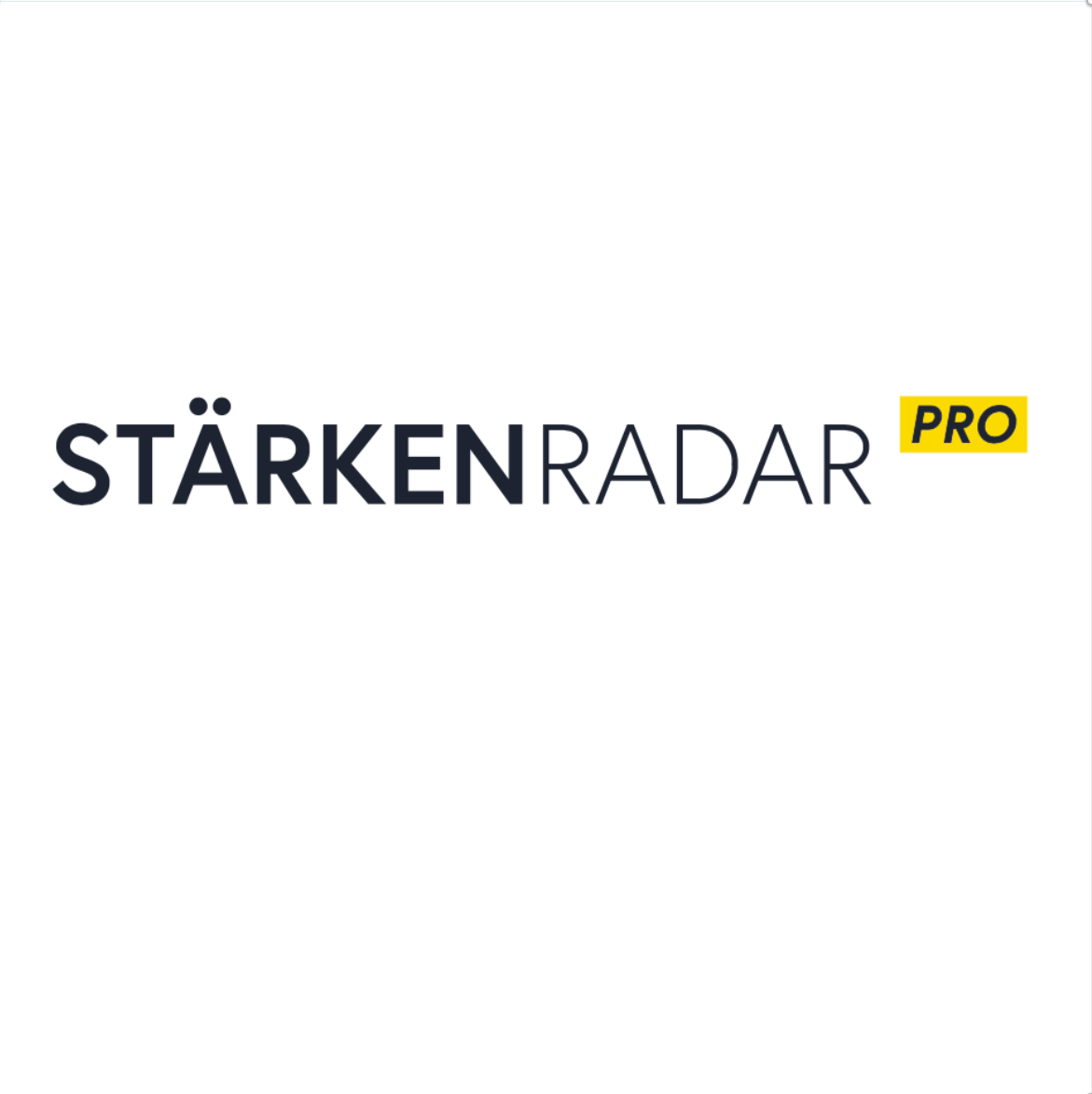
Docebo















Docebo as a Digital Learning Platform for corporate upskilling
Docebo combines core features of a Corporate Learning Management System with the adaptability of a Learning Experience Platform (LXP). The solution centralizes internal programs, External Training and eLearning Content, allowing teams to standardize delivery across locations. Administrators gain faster rollouts, automated learning paths and a clean interface that lowers daily operational load.
Addressing common HR pain points
Fragmented content libraries and manual administration are common bottlenecks. Docebo automates enrollment, certification and notifications, cutting repetitive tasks. AI-driven recommendations increase content relevance and engagement. For organizations with customers or partners, the platform simplifies External Training through role-based access and broad integrations with HRIS and CRM systems.
Support for multiple formats and mobile access ensures that instructor-led sessions, webinars and self-paced modules coexist. White-label capabilities preserve corporate branding while APIs and low-code connectors enable workflow automation and data synchronization.
Strengths and limitations
Strengths include an intuitive admin experience, extensive customization and smooth scalability. User feedback often highlights dependable support. Limitations appear around pricing and advanced reporting: some analytics features and premium integrations require higher-tier plans. Large datasets can make reporting slower in practice.
For learning and development leaders, Docebo provides a pragmatic platform to professionalize learning operations. Its mix of automation, AI features and content management reduces routine overhead. The key decision factor is the balance between required capabilities and total cost of ownership. Docebo fits organizations aiming to digitize learning, scale content delivery and integrate eLearning Content into existing HR ecosystems.
HR Software Provider is listed in the following categories:
More information

Assessment
Features
Course Authoring
Enables users to create courses with tools like course builder, assessments, and quizzes.
Instructor-Led Training
Supports the design of classes led by an instructor, though some users note limitations in session-level automation.
Learning Paths
Allows creation of sequences of classes that must be taken in a specific order.
24/7 Availability
Provides access to courses at any time, enhancing flexibility for learners.
Communication & Notifications
Offers functionality to communicate and send notifications to users.
Gamification
Motivates users by tracking points, achievements, and badges.
Certifications
Provides custom certifications to distribute after course completion.
White Labeling
Customizes the platform with homepage branding, personalized URL, and more.
Content Delivery and Tracking
Includes self-led, instructor-led, web-based collaboration, and tracking of completion for compliance.
Content Storage and Management
Provides functionality to store, organize, and search all training content.
Integrations
Integrates with other customer-facing software, such as marketing automation and CRM systems.
Mobile Accessibility
Provides accessibility from a mobile device for learning on the go.











